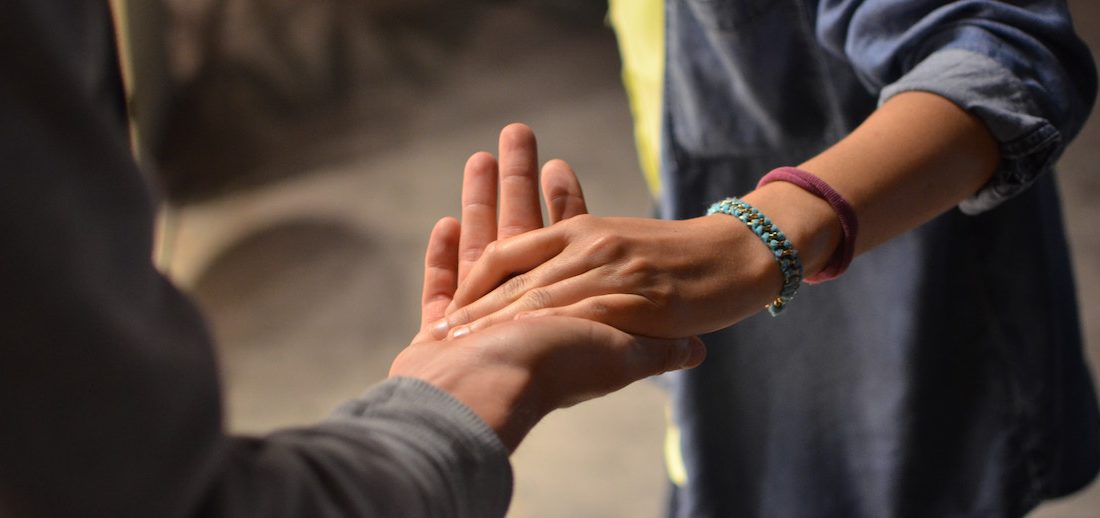The American Psychologist, Martin Seligman, reported on an interesting debate between students at the University of Virginia about what it was that gave people the most pleasure. One student reported that when he watched a fellow student help an old woman shovel snow away from her driveway, it not only made him feel good, it made everyone watching him feel good. As a result of this discussion, some students decided to do an experiment and monitor how they felt after doing a number of different activities.
The results were not only surprising but for many, they were life-changing. They reported that the ‘afterglow’ feeling of doing pleasurable things like hanging out with friends, watching a movie, or eating a hot fudge sundae, paled in comparison with the effects of doing an act of kindness. The students reported that when they chose to use their abilities to do spontaneous acts of kindness, the pleasurable effects from doing it seemed to affect the whole day. They said they were able to listen better, empathise better, notice things with more clarity and were better ‘tuned in’ to life. It resulted in total engagement with life and in the loss of self-consciousness.
The Bible says that you and I are formed in God’s image. This means that we, to some extent, reflect the heart and passions of God. It is, therefore, little wonder that when we share with God in doing acts of kindness, we are at our happiest.


